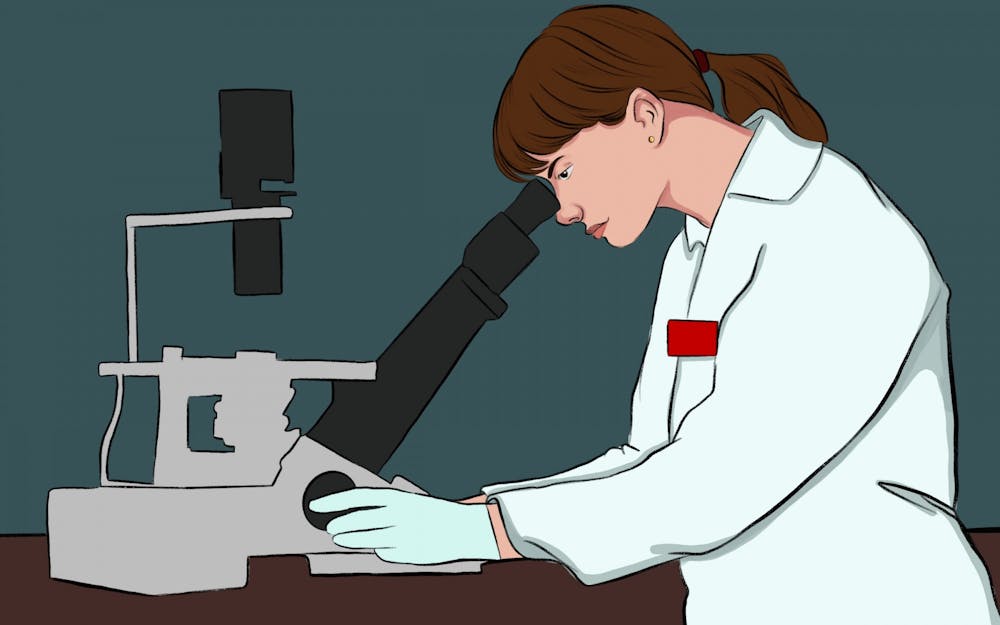When I first came to college, I thought I knew which degree I wanted to pursue.
After a couple of major changes — another thing many other students understand — I quickly realized the political science program I had transitioned to was very broad and had many different tracks to follow. While I still enjoyed the change, I felt like a fish out of water, at least initially.
Meeting and forming relationships with students and faculty in your chosen discipline can play a large part in determining how well you like the overall program and how well you excel in the curriculum. Especially in a very broad program, it can be difficult to find what area you want to focus in without the advice of professors or friends.
I had a few friends who studied political science, but weren't familiar with many of my new peers. I didn't know much of the faculty and since I transferred during the height of the COVID-19 pandemic, it was difficult to build relationships when all of my courses were taught virtually.
I soon discovered the political science department offered a program which allowed students to assist in various research opportunities.
After about a month after talking with the director of the program, I was selected into the Indiana Political Analysis Workshop's current cohort with many other undergraduates. I have thoroughly enjoyed spending the last two summers aiding in faculty research.
I have been able to build personal and professional relationships I had missed out on during my year of virtual learning. Additionally, these relationships helped me bolster my understanding of the material taught in my classes and they opened up so many other professional opportunities like becoming a teaching assistant and aiding in other research ventures with visiting professors.
I understand this applies more to certain degrees that are more academic in nature and pursue research regularly. Two of my roommates are both business majors and they've talked about how the Kelley School of Business has similar opportunities, but none which quite matches my own.
Through these undergraduate research projects I've been able to put my knowledge to work and learn many new topics as well. I have been able to conduct research and collect data, which allowed me to hone the tools and techniques I’ve been introduced to in our curriculum and get more hands-on experience with real-world analysis.
For me, this has also opened up the possibility of attending graduate school and furthering the research I've been involved with. This was also due to the crucial connections I've made with the department faculty. I've been able to work more closely with professors, which has benefited the quality of my own learning and made me more comfortable reaching out for help when desired.
This is one of the things that especially new students will hear a lot – connections are important. Aside from building your professional network, these connections allow you to explore your field and discuss the topics you're interested in with professors who can advise you on how to pursue these ventures.
These relationships are crucial because it allows you to feel more comfortable in the classroom to ask difficult questions and get to know your professors on a more personal level. Again, not simply for personal gain, but having professors who will advocate on your behalf down the road is also beneficial.
Even if the end goal is to leave academia at the end of your educational career, don't discount the relationships and opportunities undergraduate research opportunities can bring. It makes you a better student, a better professional and simply a better person.
Sean Gilley (he/him) is a senior studying political science and economics with a certificate in informatics.






